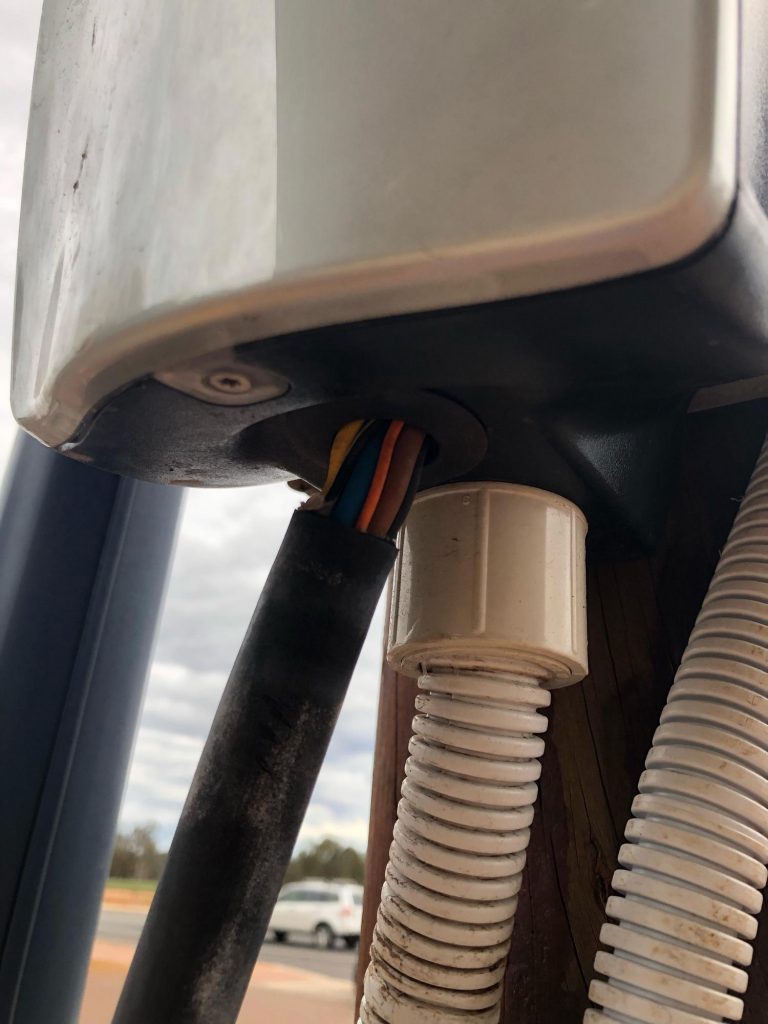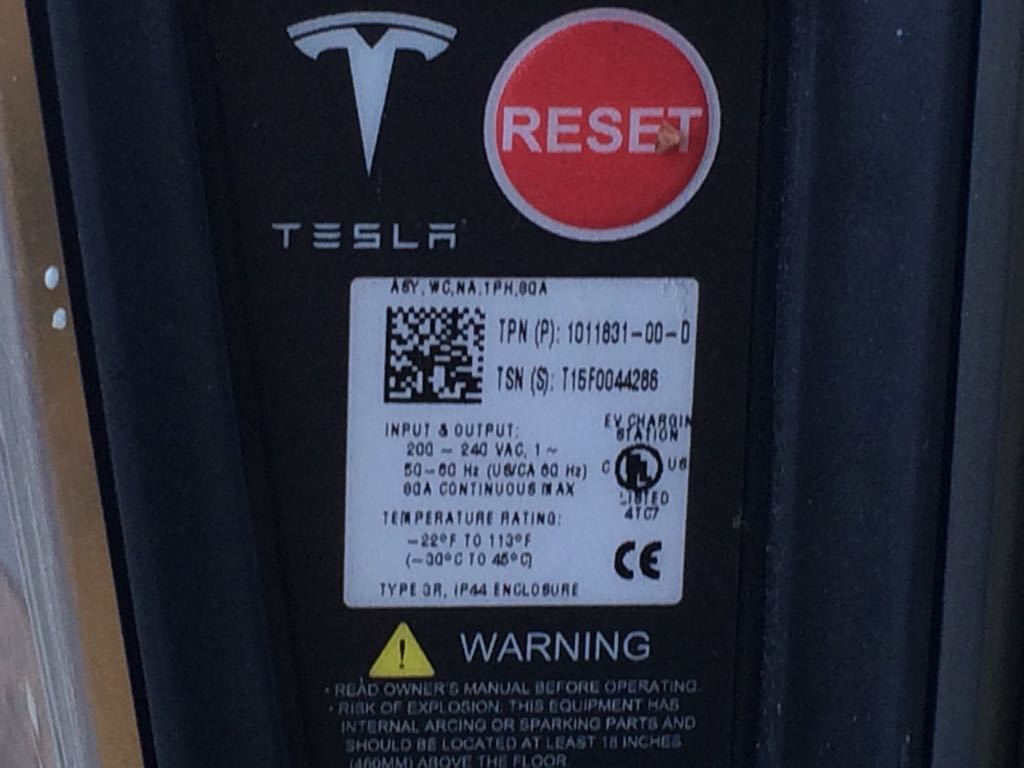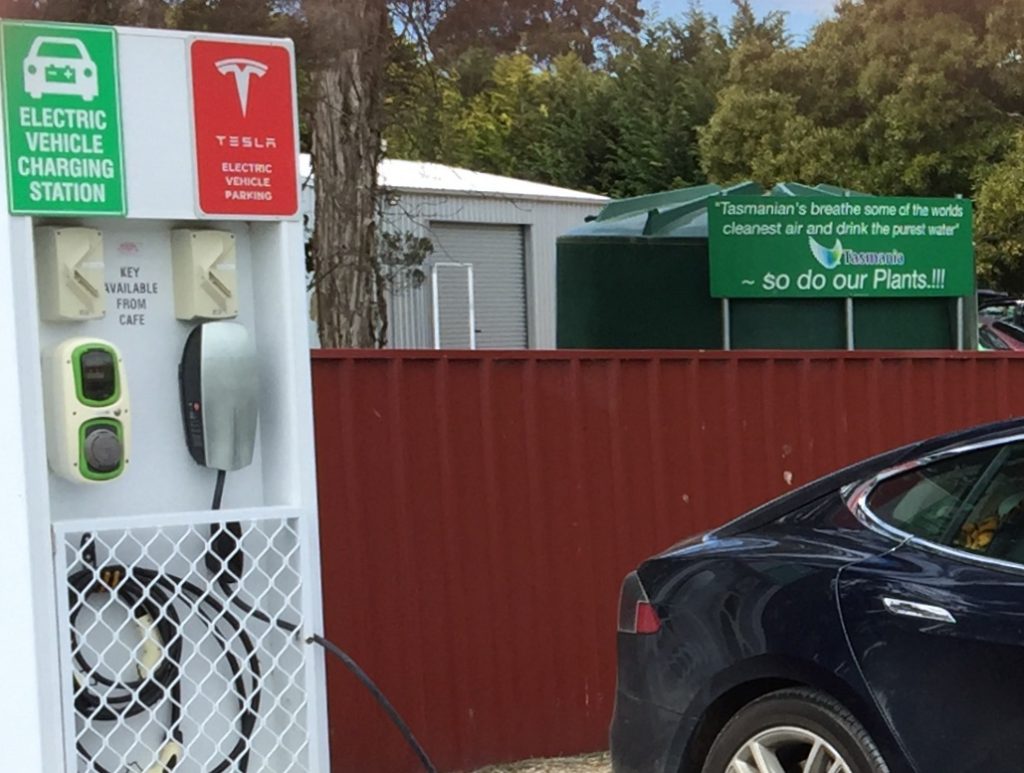The short answer is it’s often unlikely but it’s not always about the money so please read on.
To clarify a solar specific charger is a device that detects home solar input and can be set so an EVs charging amps will not be higher than the excess solar available, for instance if the sky becomes cloudy and solar input reduces so will the EVs charge input.
If you have a neighbour that loves calling your Tesla a “Coal burner” there’s no better way to shut down the claim than by charging 100% from solar power, a solar specific charger is a good way of achieving this. As your neighbour is already too thick to understand electric motor efficiency they won’t be wise enough to work out you’re not saving any money by charging via a sometimes expensive piece of equipment.
Perth is the sunniest capital city in Australia – Yep, even sunnier than Brisbane in the sunshine state. During daylight hours the sun shines on average two thirds of the time in the Perth area so installing a device that only allows solar to charge an EV is redundant for two thirds of the time.
Combined Installation and unit cost – This varies by a large margin so it’s best left to a case by case basis, what is important is to get an accurate dollar figure on the difference between a fully installed solar specific charger and a fully installed “dumb” (generic) unit that continues charging at the same amps. For instance if Tesla have provided you with a free Gen2 UMC that you plan to plug in to an existing 10/15amp wall socket your installation plus unit cost is zero dollars. If you’re considering a $750 Tesla destination charger (HPWC) with a $750 installation cost your total cost is $1500. Keep in mind $750 is an example as installation costs are wide ranging.
Now as an example if you get a quote of $2000 for the solar specific charger plus $750 installation the extra upfront cost to charge directly from solar is between $1250 and $2750.
How long will the payback on investment be?
Once you have a fixed and trustworthy quote and you also have a firm understanding on how many kilometres you plan to drive per day using home charging use the below chart to do some calculations. If you’re not sure about driving kilometres yet a good guide is this, the average passenger car travels 38kms per day in Australia.

I’ve factored in a unit cost of 30 cents from the grid and the 2023 feed in the tariff of 3 cents per unit, this provides a potential saving of 27 cents for every kWh of solar going direct to the car. Keep in mind that In Perth across a whole year the sun is shining 2/3s of the time anyway.
The decision to install a solar specific charger is up to you, just think through these questions:
- Do you drive enough distance per day to justify it?
- Do you plan to charge from home during the day on an almost daily basis?
- Do you have enough excess solar?
- And does the units warranty period match your expectations?




